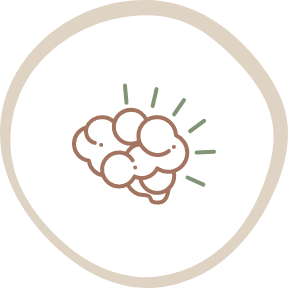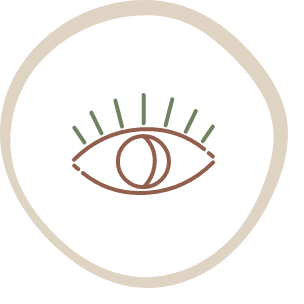Millions of people suffer from mental illnesses, but mental health treatment in Scottsdale can help people manage their lives and overcome challenges.
Types of Mental Health Disorders
Mental health disorders are common in the US. Nearly one in five US adults lives with a mental illness, roughly 52.9 million people.[1] Mental illness can range in type and severity, but the two broad categories are Any Mental Illness (AMI) and Serious Mental Illness (SMI).
- AMI is defined as a mental, behavioral, or emotional disorder that ranges from no impairment to mild, moderate, or severe.
- SMI is defined as a mental, behavioral, or emotional disorder that causes a severe functional impairment that interferes with or limits major life activities.
The defining symptoms for mental illnesses are outlined in the Diagnostic Statistical Manual of Mental Disorders (DSM-5) from the American Psychiatric Association.








